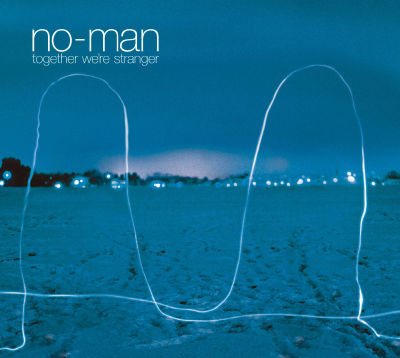Transcript του παραπάνω απίστευτου βίντεο…
Κι αν είμαστε λοιπόν απλά κύτταρα στον μεγάλο ζωντανό οργανισμό που λέγεται Γη; Θα μπορούσαμε να το ξέρουμε; Τα κύτταρα μας ξέρουν ότι είναι κομμάτια μας; –άσχετα αν πεθαίνουν από μόνα τους, ή εμποδίζουν τον πολλαπλασιασμό τους αν αυτό είναι εις βάρος του οργανισμού. Το να μην εμποδίζουν τον ανεξέλεγχτο πολλαπλασιασμό τους και να μην πεθαίνουν στην ώρα τους για το καλό του οργανισμού το λέμε με μια λέξη ΚΑΡΚΙΝΟ.
Αν είμαστε απλά κύτταρα του οργανισμού που λέγεται Γη, ποιο όργανο της θα μπορούσαμε να είμαστε; Ο εγκέφαλος; Θα μπορούσαμε να σχηματίσουμε μια κοινή ανθρώπινη συνείδηση, ένα όργανο, αντί να δρούμε μονάχα σαν εγωκεντρικά κύτταρα που τα ενδιαφέρει μόνο το DNA τους και τα μιτοχόνδρια τους; (υποσημείωση: όλα τα κύτταρα ενός οργανισμού περιέχουν το DNA του — τι θα μπορούσε να είναι αυτό το οποίο αντίστοιχα ενώνει εμας με όλα τα έμψυχα όντα του πλανήτη αλλά, γιατί όχι, και αυτά τα οποία θα λέγαμε άψυχα;)
Ξεκινώντας από το 19:20 του παραπάνω βίντεο:
Lets look first at why a cell in the body becomes cancerous. In the centre of each cell are the genes. They contain the information that keep you functioning as a single living organism, rather than just a bowl of biological soup. Now if the genes in a cell are disturbed, that cell may become selfish, . . it may no longer support the system as a whole, but instead go off, doing its own thing, at the expense of the body , – – it becomes a cancer.
Now when we consider human beings in a community, we are looking at an organisation of minds. And the parallel to the genes is now to be found in the centre of minds, at our inner cores. Its that deepest level of inner wisdom which many mystics and philosophers have often spoken of. That inner awareness of being much more than we normally experience – a part of something much greater. and when we loose touch with this inner wisdom we also become selfish cells, out of touch with the needs of society as a whole, living at the expense of each other.
The philosopher Alan Watts referred to this selfish isolated way of existence as “the skin encapsulated ego”. What’s inside the skin is me – and what’s outside the skin is not me. Biologically speaking this is, of course, true – we are each separate biological individuals. But it is not the whole truth. We are much more than that . . we are creatures with an inner life – with an existence that stretches beyond our biological identity. We become stuck in this limited way of seeing ourselves because the real self, our deepest sense of ”
I” – what some call the pure self – is actually very hard to grasp. Trying to describe that deeper sense of self is very much like trying to describe a hole in a piece of wood. If you ask people to describe a hole such as this, they may start by saying “Well, its a round hole”, you say “Yes”, they say “It’s a wooden hole, and its red”. But you say “Hang on, the hole isn’t wood, the hole isn’t red. And they say “Ah-ha the hole is black”, “No, that’s the background”. And suddenly they’re stuck – what’s the hole? How do you describe the hole itself, without describing its surroundings?
In a similar way, it is very difficult to grasp and define our own inner sense of self. Instead we tend to describe our selves in terms of what surrounds us. . . our many possessions . . the roles we play, our social status . . our beliefs – both scientific and religious. . .
This limited sense of identity may not in itself seem very dangerous, but it does have some far- reaching consequences. . . It turns out that many of the ways in which we mistreat and abuse the environment stem from our seeing the world as separate from ourselves. We may take fairly good care of what is inside the skin, but we don’t care nearly so well for what is outside the skin.
As the late Gregory Bateson said; “If this, meaning this me versus the world attitude, if this is your estimate of your relationship to nature, and you have advanced technology, your likelihood of survival will be that of a snowball in hell. You will die either of the toxic by-products of your own hate, or simply, of over-population and over-grazing”.
And Bateson went on to say “That if I’m right the whole of our thinking of what we are, what other people are, has got be be restructured. The most important task today is to learn to think in a new way”.





